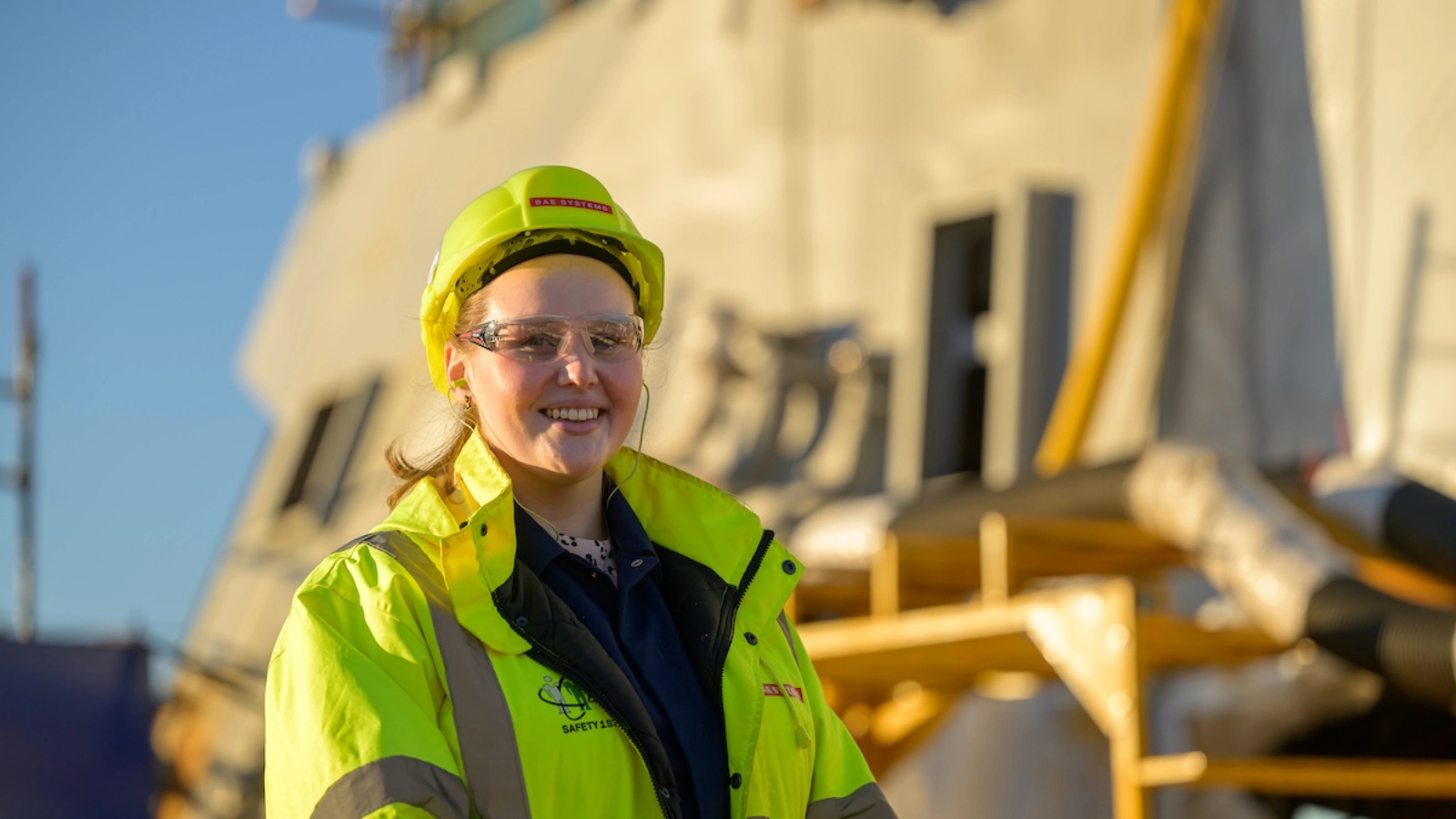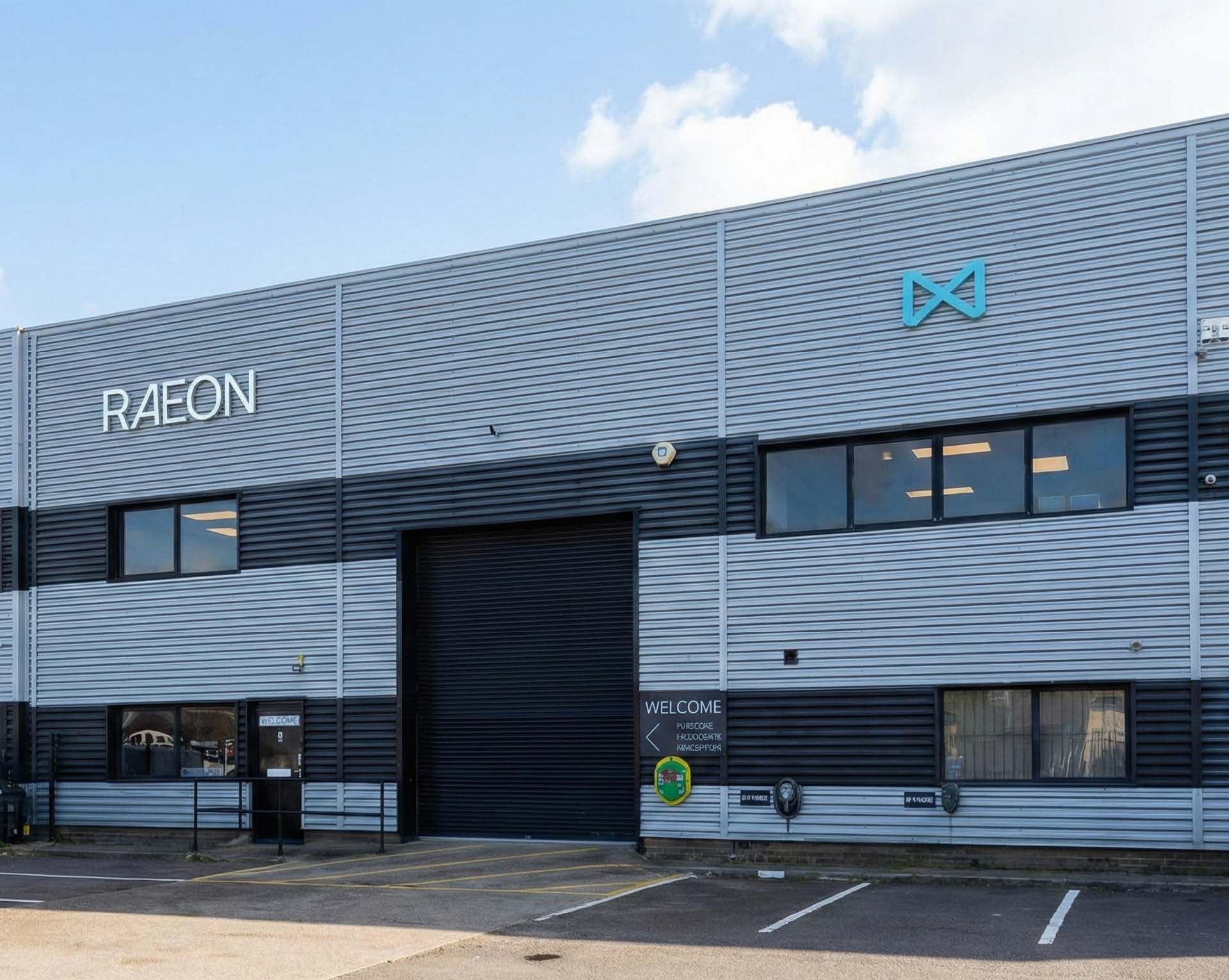UKRI identifies five key priorities to advance UK aviation
Image courtesy UKRI
Part of UKRI’s Industrial Strategy Challenge Fund (ISCF), the Future Flight Challenge is a £300 million programme, jointly funded by Government and industry to position the UK as a world leader in the third aviation revolution. Investing in over 40 projects to-date, the four-year programme is creating the aviation system of the future and is working towards demonstrating the safe integration and operation of drones, advanced air mobility and regional aircraft with advancements in electrification and autonomy by 2024.
With the UK’s world-leading capabilities in aerospace and aviation and its strengths in the production of key enabling technologies such as AI, batteries, robotics and digitalisation, the successful adoption of future flight technologies will hinge on public perceptions of trustworthiness and their potential positive social benefits. Future Flight Social Science Considerations and Research is a call to action to stakeholders from academia, industry, and the public sector to collaborate and enable a more comprehensive understanding of broader social needs and values to help foster innovation.
The forward strategy paper provides an initial assessment of the research landscape to identify five broad and interconnected research themes that the Future Flight Challenge believes are priorities for social and economic research attention.
The five areas identified by the report are:
• Understanding the innovation ecosystem
• Public and social readiness
• Impacts on rural and urban environments
• Communities and social impacts
• Trustworthiness, regulatory frameworks and implications
Professor Fern Elsdon-Baker, Director at Research Institute for STEMM in Culture and Society (ISTEMMiCS) at the University of Birmingham said: “The UK already has world-leading capabilities in aerospace and innovation which will enable us to build, use and export new forms of aviation with the potential to provide a host of social benefits, such as increasing mobility and improving connectivity; however, having the capacity to build these technologies is only part of the journey.
The success of these transformative innovations in how we transport people and goods or provide services, hinges entirely on societal readiness and the public perceptions of future flight technologies. The Future Flight Social Science Considerations and Research paper is a call to action to both industry and academia to collaborate to better understand these perceptions and create an inclusive aviation system that works for everybody.”
The report represents the latest milestone in UKRI’s Future Flight Vision & Roadmap, a 2021 report showcasing how the future aviation system will operate by 2030 and how the industry can support the UK achieve this vision.
The Future Flight Challenge from UK Research and Innovation is a £125 million investment designed to spark the third revolution in aviation. Using new classes of electric/hydrogen and autonomous vehicles the challenge will transform how we connect people, deliver goods and provide services. It will speed up the acceptance of these innovative air vehicles into service safely and practically by encouraging different businesses to share their knowledge and resources to work together.
UK Research and Innovation (UKRI) is the largest public funder of research and innovation in the UK, with a budget of over £8 billion. It is composed of seven disciplinary research councils, Innovate UK and Research England.
To download Future Flight Social Science Considerations and Research, please visit:
www.ukri.org/publications/future-flight-social-science-considerations-and-research















